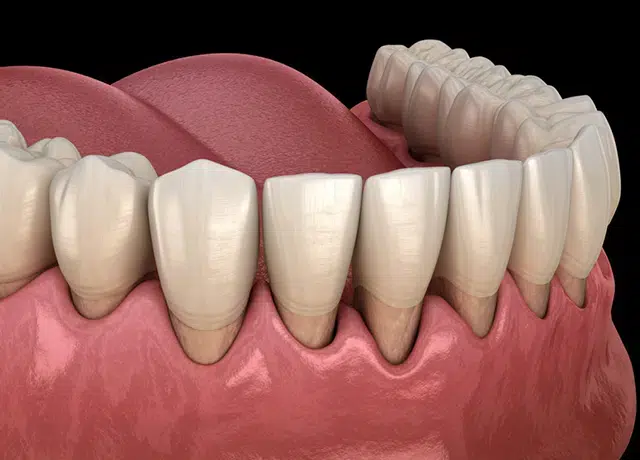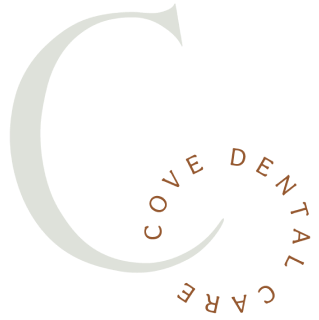105 Sheringham Dr Easley, SC 29642

Treatment for periodontal disease in Easley, SC
Symptoms of gum disease
- Inflamed and swollen gum tissues
- Gums that bleed
- Sensitive gums
- Receding gums
- Bone Loss
The Progression of Gum Disease
Gingivitus
Slight Periodontal Disease
Moderate Periodontal Disease
Severe Periodontal Disease
Further Insights into Periodontal Disease Treatment
Gum disease, or periodontal disease, is a prevalent oral health issue impacting the gums and tooth-supporting structures due to bacterial infections. Left untreated, it can lead to tooth loss and additional health issues. Treatment focuses on infection control, inflammation reduction, and restoring gum and tissue health, tailored to the disease's severity.
For mild periodontal disease, non-surgical options are effective, like scaling and root planing, which remove plaque and tartar buildup and smooth tooth roots. This encourages gum reattachment and reduces bacterial pockets.
Advanced cases may require surgery, such as flap surgery to clean root surfaces thoroughly. Bone or tissue grafts may be necessary to regenerate lost structures.
Persistent pockets may need specialized treatments like laser therapy or antibiotics to remove infected tissue and control bacterial growth.

